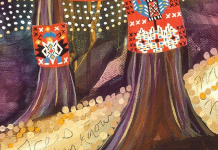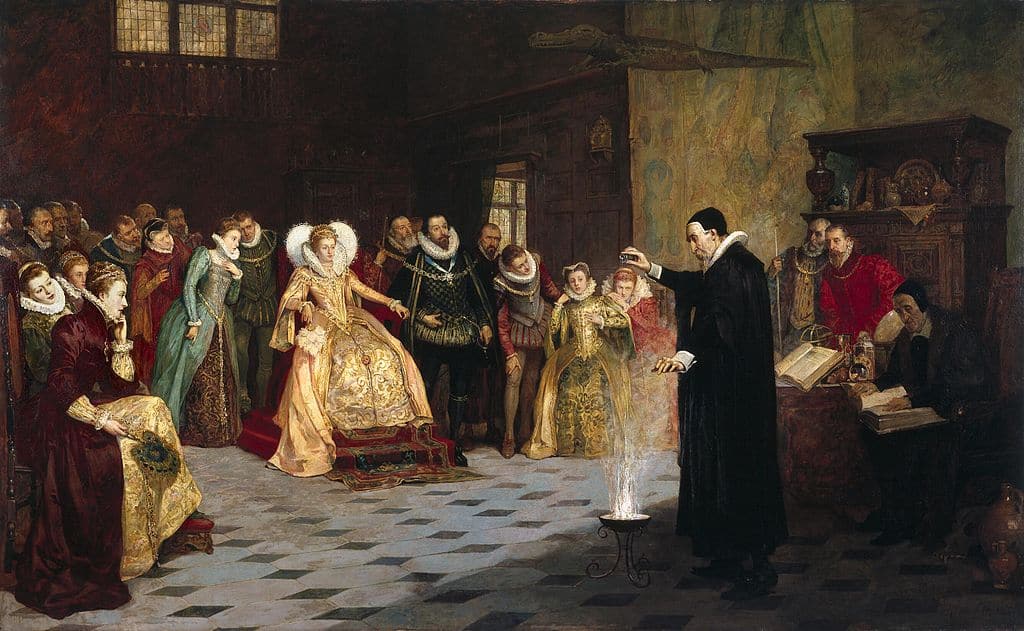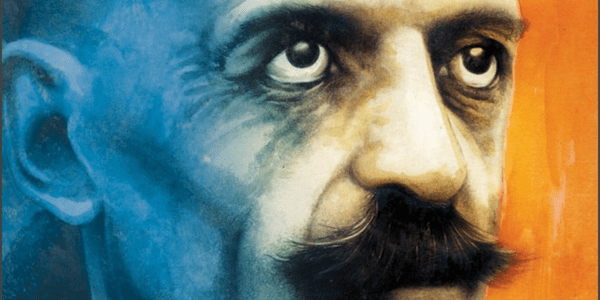
 The Place of Enchantment: British Occultism and the Culture of the Modern, by Alex Owen
The Place of Enchantment: British Occultism and the Culture of the Modern, by Alex Owen
University of Chicago Press, 9780226642048, 355 pp. (incl. notes, bibliography and index), 2004
Alex Owen is a social and cultural historian who specializes in nineteenth and twentieth century Britain. Owen defines the “place of enchantment” as spanning “the period between 1880 and 1914, those crucial ‘hinge’ years during which reference to ‘the modern’ and ‘we moderns’ took on a new and urgent meaning.” The Place of Enchantment, Owen’s second book, looks at the social and cultural effects occultism in Britain during this period — a theme not much explored by scholars.
Owen writes that “[a]lthough historians are certainly aware of the new ’spiritual movement,’ it received remarkably little scholarly attention, possibly because the very notion of mysticism and the occult seems to run counter to our conception of modern culture and the modern mindset.” There seems to be a preference for conceiving of the rise in scientific thought as being more progressive, overriding what is interpreted as the superstitions of the past. Owen continues, “[t]here remains among historians little developed sense of what such an interest might represent or involve – and this in spite of the fact that the ‘rising tide’ of new spirituality in the years preceding the Great War is clearly evident and demonstrable.” The Place of Enchantment does a remarkable job of filling this gap in fin de siecle Britain.
Background for this period is given, with an overview of the Theosophical Society, Anthroposophical Society, Hermetic Order of the Golden Dawn, Ordo Templi Orientis and of many influential figures, such as Madame Blavatsky, Annie Besant, Anna Kingsford, Florence Farr, William Wynn Westcott, Samuel Liddell MacGregor Mathers, Annie Horniman, Allan Bennett, Aleister Crowley and Victor Neuburg, among others. As she explains, “[b]y the first decade of the twentieth century, occult organizations proliferated, a vibrant occult press was in operation, books and periodicals devoted to the topic were appearing in ever greater numbers, and ordinary people as well as the famous and lettered were involved with occultism in all its variations.”
Magick (or “magic,” as Owen prefers it) represented “the ultimate spiritual experience and provided much of occultism’s glittering appeal” for the day’s esotericists. She explains that the “magic that they practiced was part of an elite, scholarly tradition and bore only a passing resemblance to the folkloric traditions of a receding rural Britain. Indeed, these were often individuals who positioned themselves as part of an enlightened vanguard for whom conventional religion no longer answered and who believed that social change requires its aesthetic and spiritual counterparts” — a sentiment echoed still by many today.
Each chapter is a study on a particular aspect, from culture to the rise of the Golden Dawn, sexual politics to a study on the new psychology and its effects on conceptions of the mind and reality.
As a professor of gender studies, it comes as no surprise that Own is particularly insightful regarding her contextualization of the socio-sexual climate of the period and occultism. She writes, “[w]omen were thought to incline towards “feminine passivity,” and where physicians encountered evidence to the contrary they were quick to pathologize and condemn. Within occult circles, however, the will was to be tutored and honed as the essential attribute of the magician regardless of distinction of sex. The power of willed effects is in part what magic is about”. Her treatment of this much neglected subject is immensely valuable.
The Place of Enchantment is an intelligent, well-researched and well-rounded study of occultism in fin de siecle Britain. It is an important work, and highly recommended, especially as the cultural effects continue to reverberate in occulture today.








